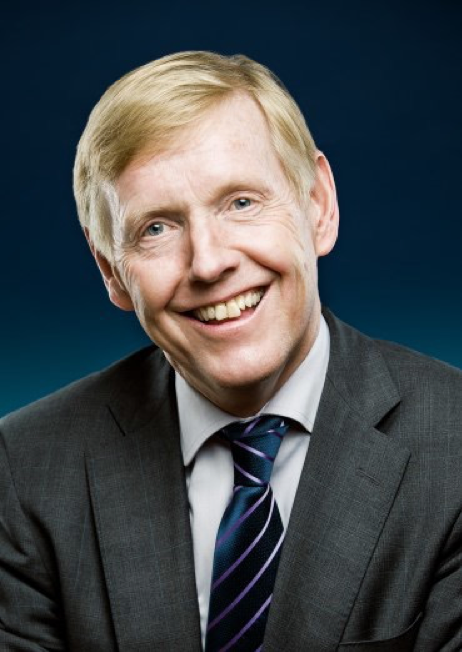
Every May, Norwegians all over the world celebrate Syttende Mai, Norway’s Constitution Day. Signed 205 years ago, Norway’s is the second-oldest written constitution in the world that is still in use. The oldest, which in many ways served as a model for Norway’s founding fathers, is the American Constitution.
The wisdom and foresight reflected in both these documents is still highly relevant today.
The ideas of personal freedom and individual rights, about the sovereignty of the people and separation of powers, may have been quite revolutionary at the time. More than 200 years ago, it was not a given that “the people” should have a say in how their country was governed. Nor was it obvious that the king should not keep all the tools of power in his hands, making the laws, ruling by them, collecting money as he pleased and sending people to prison whenever it suited him.
For Norwegians, the principles of the Constitution are core values and as such part of our national identity. Promotion of democracy and defense of human rights are also among the cornerstones of Norway’s foreign and international development policies. For example, when a political crisis erupted in Venezuela earlier this year, Norway’s immediate reaction was to call for credible and free elections. Foreign Minister Ine Eriksen Søreide said in a statement that Norway is ready to support such a process if the parties so wish.
Another example is Norway’s traditionally strong support for the United Nations. From its opening lines, the UN Charter highlights “faith in fundamental human rights, in the dignity and worth of the human person, in the equal rights of men and women.” Granted, gender equality was not something the drafters of any 19th century constitution were concerned about, but it’s an extension of the principle that individuals have inalienable rights.
Norway is seeking to protect and reinforce an international cooperation based on international law, human rights and equality, aiming to promote sustainable development, peace and security. At the moment, Norway is campaigning for one of the non-permanent seats of the UN Security Council. If we succeed, I promise that our contributions will be based on our beliefs and values.
Norway spends a larger share of its GDP than most countries, more than 1 percent, on international development. A major part is spent on promotion of good governance and efforts to fight corruption.
Marginalization and exclusion of certain groups from political processes are often major contributors to conflict around the world. Norway continues to play a role as a facilitator in peace and reconciliation efforts in many of these hot spots. Guiding us are the principles of our Constitution. In the end, respect for individual rights, rule of law and guarantees for participation in the political decision-making often turn out to be key elements of acceptable solutions and an end to the conflict.
I sometimes ask myself how a document drafted more than two centuries ago can still be so relevant today. The answer is probably that the principles laid down in it are timeless and can successfully be applied anywhere in the world. For that I am grateful—to the drafters of Norway’s Constitution, and for the inspiration provided by the Philadelphia Convention.
Happy Syttende Mai.
About the Author
Ambassador Kåre R. Aas currently serves as Norway’s Ambassador to the United States.
